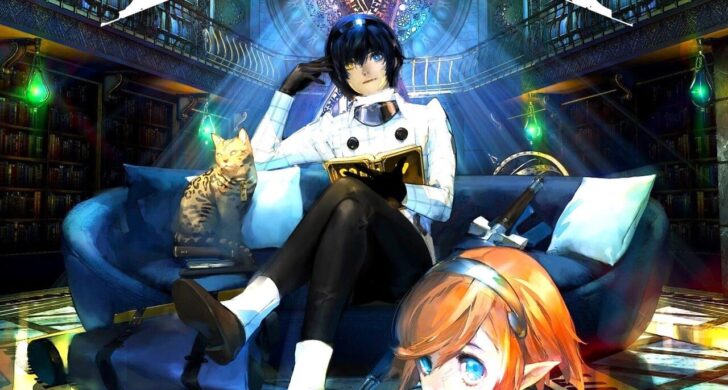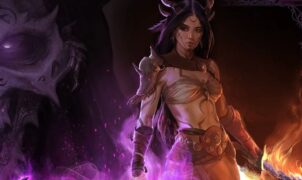Nothing in Metaphor: ReFantazio is accidental. Its name, characters, art, and language are all rooted in historical inspiration. Atlus’ wildly successful JRPG draws deeply from the artists and thinkers of the early 16th century.
To understand the world of Metaphor: ReFantazio, it’s crucial to highlight a few key elements of the plot. Don’t worry—these are introductory details revealed at the start of the journey. The game is set in a fantasy version of 16th-century Britain, and it begins with the assassination of the king.
The regicide leaves a power vacuum in the kingdom, with the rightful heir either missing or presumed dead. Meanwhile, a usurper is pulling strings to claim the throne. However, the late king had a final plan: through magic, he introduced a new, democratic method of succession. The people themselves would choose their ruler, regardless of race, gender, or social standing.
This premise is significant because Metaphor: ReFantazio presents a world riddled with prejudice, racial inequality, and religious extremism. The protagonist is a member of the Elda tribe, one of the most marginalized groups. Walking through the streets of Grand Trad, players overhear NPCs making disparaging remarks, typical of Studio Zero’s attention to detail. Some characters openly make it clear that the protagonist is unwelcome. This reality starkly contrasts with the book the hero carries from the opening scene.
This “fantasy book” envisions a utopian modern society, where laws unite all races and one’s birthplace does not dictate their destiny. While this may not reflect reality, it represents an ideal for Euchronia’s inhabitants—a dream worth fighting for.
The author of this manuscript is named More, an entity residing in a dreamlike space called Akademeia, reminiscent of Igor’s Velvet Room in the Persona series. Fans have pointed out that More is inspired by Thomas More, the Renaissance writer who penned Utopia in 1516. This book describes an ideal society, blending sociopolitical satire with a vision of perfection.
The original Utopia explores ideas like communal living, the abolition of private property, respect for different religions, and even controversial topics such as divorce and euthanasia. In the world of Metaphor: ReFantazio, these principles translate into a narrative deeply centered on equality.
The game’s name and much of its content are written in Esperanto, symbolizing unity and equality. The subtitle ReFantazio translates as “the king’s fantasy [dream],” reflecting the democratic succession system. Esperanto itself means “hopeful,” and the language permeates the game—from posters and graffiti to the soundtrack. Even the battle theme is a Buddhist chant in Esperanto.
The interplay of reality, fantasy, and utopia creates endless layers of meaning. Just as we imagine dragons and demons as fantastical creatures, humans in Metaphor: ReFantazio are portrayed as bizarre beings inspired by the surreal works of Jheronimus Bosch, a pivotal artist of the early 16th century.
Source: 3djuegos
















Leave a Reply